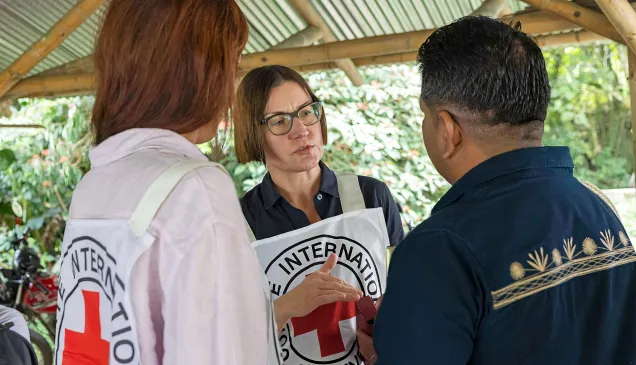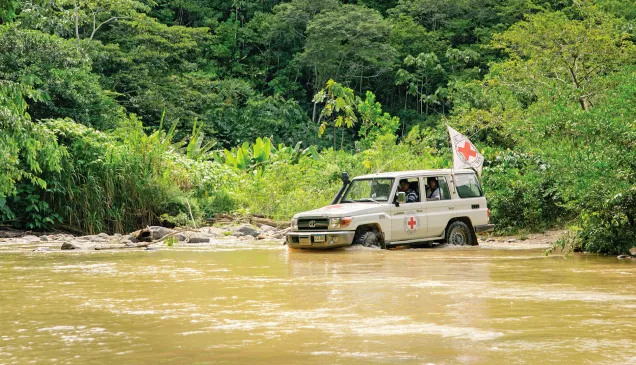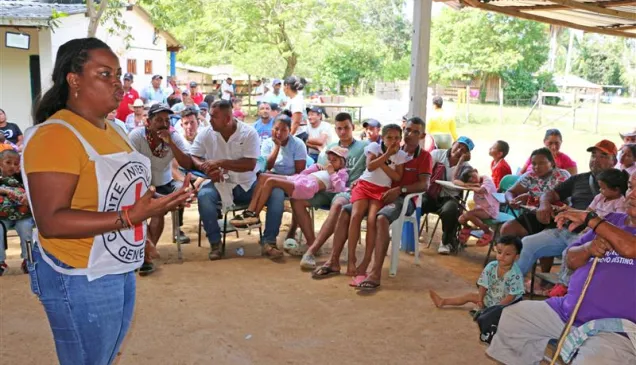Sexual violence: Women's stories from Colombia
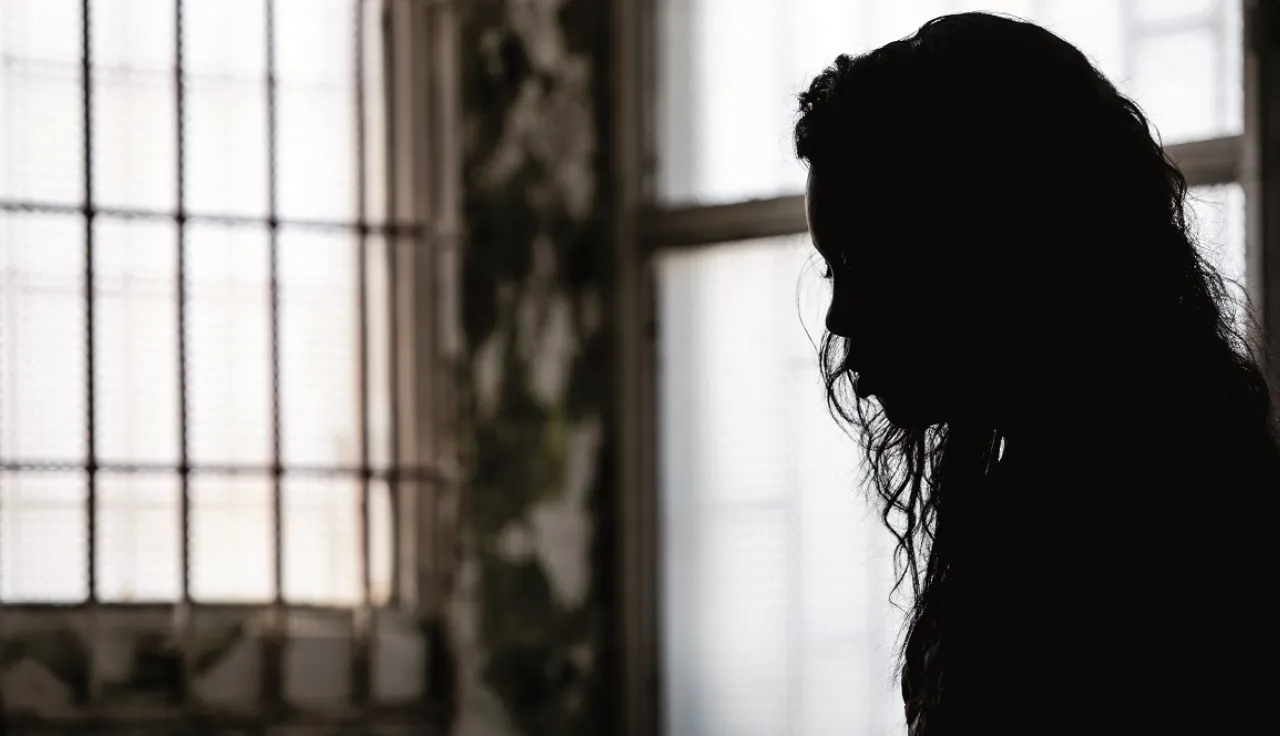
"I felt bad, I was ashamed."
When she was just thirteen, Diana's life was shattered. After the abuse came the most difficult part: stigma and displacement.
"It happened thirteen years ago. I lived with my mother and brothers and sisters. One night, around midnight, some men came and rounded us up in the school yard. They took our names and told us not to be afraid, that they had come to protect us. Back home, one of them came and asked me to help him with the chickens, so that they could eat, but it was a trick. When I got there, they grabbed me, beat me and cut my face. I can still remember how they tore my clothes off. I began to scream and kick and then one of the men pushed me against the big post supporting the house and I passed out.
"I was unconscious in the hospital for six days. When I eventually woke up, my mother began to cry and she couldn't speak. In the end, she told me everything: that there had been four men and they had raped me. I think that the only reason that they didn't kill me was because they thought I was already dead.
"Then they told me that I would have to go back and identify them. That was when we decided to leave. My mother, my five brothers and sisters and I all went to live in another municipality with an uncle.
"After what happened, I couldn't sleep and had nightmares. Whenever a man came near, I started trembling. It is very traumatic. I still wear my hair like this to hide the scars on my face. I could never tell my friends about my first time with a man; it made me sad. I felt bad, I was ashamed. It isn't your fault, but people don't see it like that. You can't talk about it with other people for fear of them pointing a finger at you.
"The sessions with the ICRC psychologist helped me a lot. We worked on my self-esteem and I learned to release my pent-up anger towards that man. She has helped me get it out of my system, to start again."
The ICRC's response
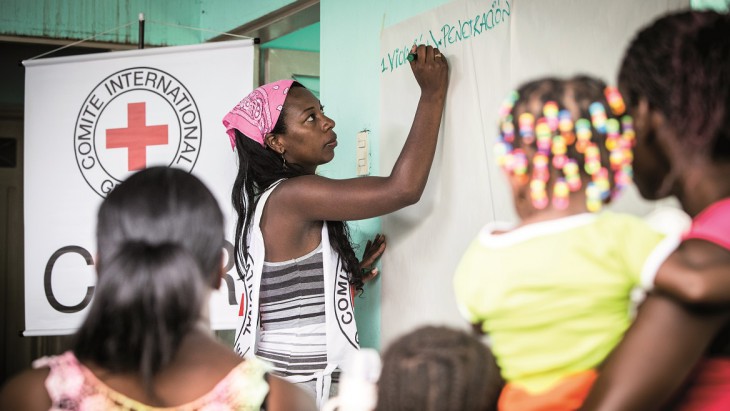
An ICRC nurse leads a workshop on sexual violence in a remote community on the banks of the river San Juan (Chocó). © 3FM / Ben Houdijk
Guidance from the start
Sexual violence must be treated as a medical emergency and dealt with within 72 hours of it occurring.
- The ICRC accompanies victims of sexual violence from the very start, providing them with advice and emergency assistance. In the long term, they provide psychological support, so that they can regain their confidence, put their fear behind them and put their lives back together again.
- Last year, more than 80 victims of sexual violence received medical, psychological and financial assistance from the ICRC. It also advised 91 people about how to get government assistance.
- In areas affected by the conflict and armed violence, 800 people took part in 50 workshops on sexual violence organized by the ICRC. They were informed about their rights and the channels and procedures for obtaining government assistance and proper medical attention. In cities such as Medellín, support was provided for the creation of self-help networks for women who had been victims of sexual violence.
- More than 900 health care workers received training through the ICRC on the proper channels for victims to receive assistance and care and on the delivery of appropriate, quality emergency care.

